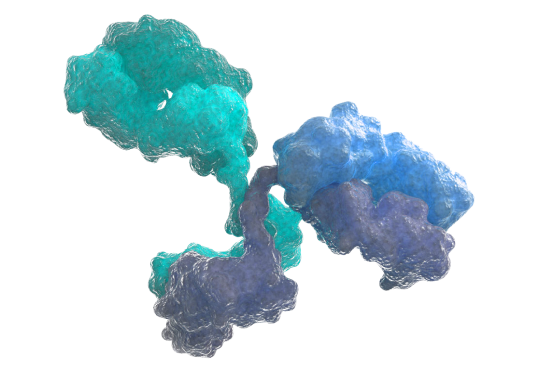
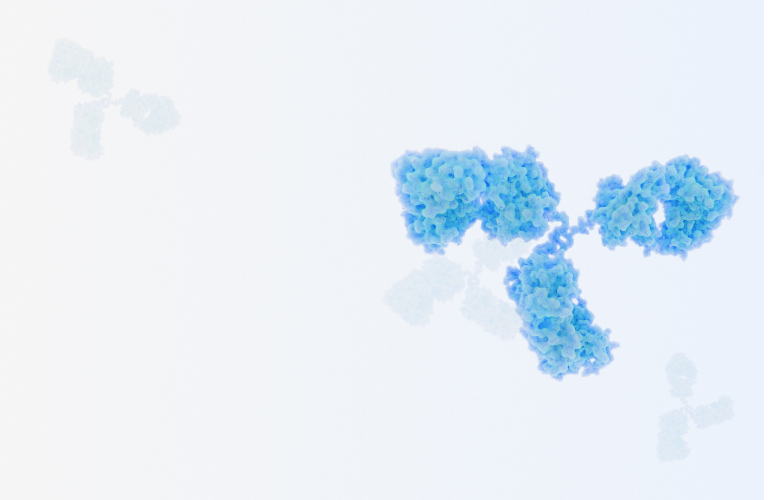
Our Science
R&D strategy: Targeting tumor microenvironment with a multi-pronged effort
-
Understanding the tumor itself and its microenvironment is a compelling and complex endeavor. Although existing cancer therapies including chemotherapy and immunotherapy drugs have been successful in some cases, the response rates in most of the patients remain low. In our opinion, there are multiple main limiting factors to an effective cancer therapy:
Tumor cells are highly heterogenous, have high mutation frequencies, and are highly susceptible to drug resistance
Tumor-surrounding fibrotic tissues compromise drug efficacy
Variable expression levels of TAA on the surface of tumor cells
Abundant Tregs, TAM, MDSC, and other immunosuppressive cells contribute to the "cold" tumor microenvironment
MHC downregulation or APC tolerance resulting in immune escape mechanism
Various molecules such as adenosine inhibiting cellular immunity in the tumor microenvironment
-
Based on our understanding of tumor immunology, we have discovered and developed a collection of drugs with different targets and modalities to target the tumor microenvironment.
TAA-targeting antibodies with high specificity and affinity, making it possible to target both high- and low-expression tumor cells
Potent ADCs to release toxic payload in the tumor microenvironment. resulting in enhanced immune response and tumor killing
Customized IO-targeting antibodies to re-ignite the immune system by clearance of inhibitory immune cells in the tumor microenvironment
Novel bispecific antibodies to achieve targeted recruitment and activation of immune cells
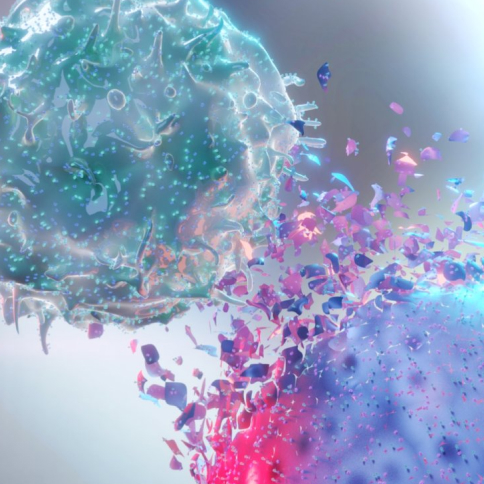
Our Platforms
-
LM-Abs™ (Targeted Antibody Discovery Platform)
Leveraging extensive experience in everything from early target validation and antibody engineering to downstream translational medicine, LaNova has built a robust antibody discovery platform focused on multi-transmembrane protein targets like GPCRs. This platform significantly boosts screening efficiency, accelerates development, and improves druggability.
So far, we have developed numerous novel antibodies targeting a wide range of tumor-associated antigens (TAA) and immuno-oncology (IO) targets through our proprietary platforms.

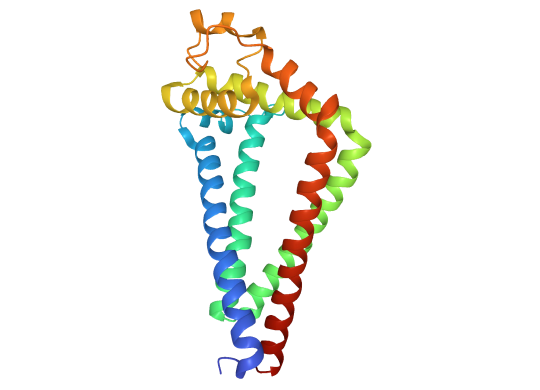
-
LM-ADC™ (Next-Gen ADC Platform)
Our proprietary platform enables us to generate antibodies against novel targets and provide a comprehensive toolbox for versatile and customizable ADC design. Beyond our experience developing MMAE- and Eribulin-based ADCs, we have successfully created our proprietary LDX2 linker-payload (Topoisomerase-based) with enhanced efficacy and safety, broadening the therapeutic window.

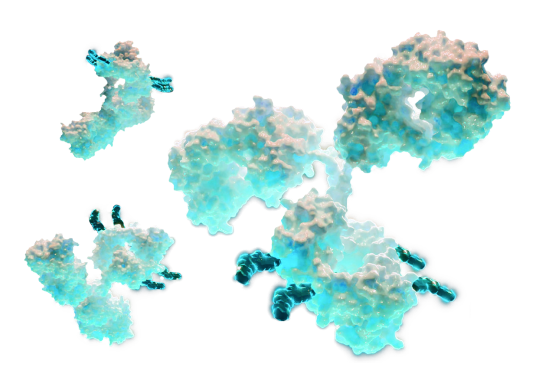
-
LM-TCE™ (Immune Cell Engager Platform)
Our proprietary immune cell engager platform facilitates the development of bispecific antibodies that effectively activate immune cells within the tumor microenvironment, leading to sustained anti-cancer effects. These antibodies, derived from novel sequences generated through our advanced platform, are designed to recognize tumor-associated antigens and redirect immune cells to the tumor microenvironment, boosting anti-cancer activities.
Our bispecific molecule's unique structure ensures conditional immune cell activation (i.e., only when the antibody binds to the tumor antigen), hence reducing toxicity risk from non-specific peripheral immune system activation. Moreover, the bispecific platform offers high flexibility, enabling us to develop more potent cancer therapeutics than traditional combination therapies, targeting various TAA and immune cells.

